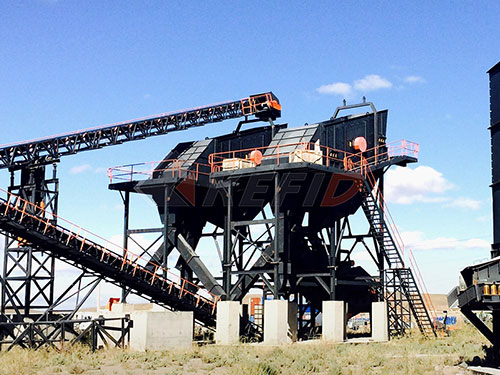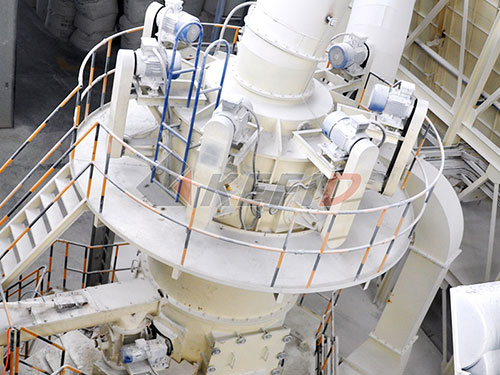Maine Rock Crushing
The Bedrock of Progress: Rock Crushing in the Pine Tree State
Maine’s rugged beauty – its dramatic coastline, rolling mountains, and vast forests – is built upon a foundation of ancient stone. Beneath the picturesque landscapes lies a critical industry essential to the state’s infrastructure and economy: rock crushing. Far from simply breaking boulders, rock crushing in Maine is a sophisticated operation intertwined with geology, environmental stewardship, engineering precision, and the very pulse of development.
The Granite Backbone
Maine boasts diverse and valuable geology. Granite formations, renowned for their durability and aesthetic appeal (think Acadia National Park's Cadillac Mountain), are iconic. However, the industry primarily focuses on aggregates – crushed stone, sand, and gravel – derived from various sources:

1. Bedrock Quarries: Large-scale operations extracting granite, limestone, trap rock (basalt), or other hard rock directly from bedrock formations using drilling and blasting.
2. Gravel Pits: Mining unconsolidated glacial deposits like eskers or kames left behind by retreating glaciers millennia ago.
3. Recycled Materials: Increasingly vital is crushing concrete rubble from demolition sites and reclaimed asphalt pavement (RAP) into reusable aggregates.
Why Crush Rock? The Essential Applications
Crushed rock isn't just filler; it's the literal groundwork for modern life:
Road Construction & Maintenance: The base layers (sub-base and base course) of every road in Maine rely heavily on precisely graded crushed stone for stability and drainage.
Concrete Production: Aggregates form the bulk of concrete used in buildings, bridges, foundations, dams – essentially all major structures.

Asphalt Production: Crushed stone is a primary component in asphalt mixes paving roads and parking lots.
Railroad Ballast: Crushed trap rock or granite provides the stable bed supporting railroad tracks.
Erosion Control & Shoreline Protection: Riprap (large angular stones) shields banks from wave action on Maine's extensive coastline.
Drainage Systems: Smaller aggregates are crucial in septic systems and French drains.
Landscaping & Agricultural Lime: Finer crushed stone finds uses in decorative landscaping or as agricultural lime derived from limestone.
The Crushing Process: From Boulder to Aggregate
Modern rock crushing is a multi-stage process designed for efficiency and specific product outcomes:
1. Primary Crushing: Large excavators


